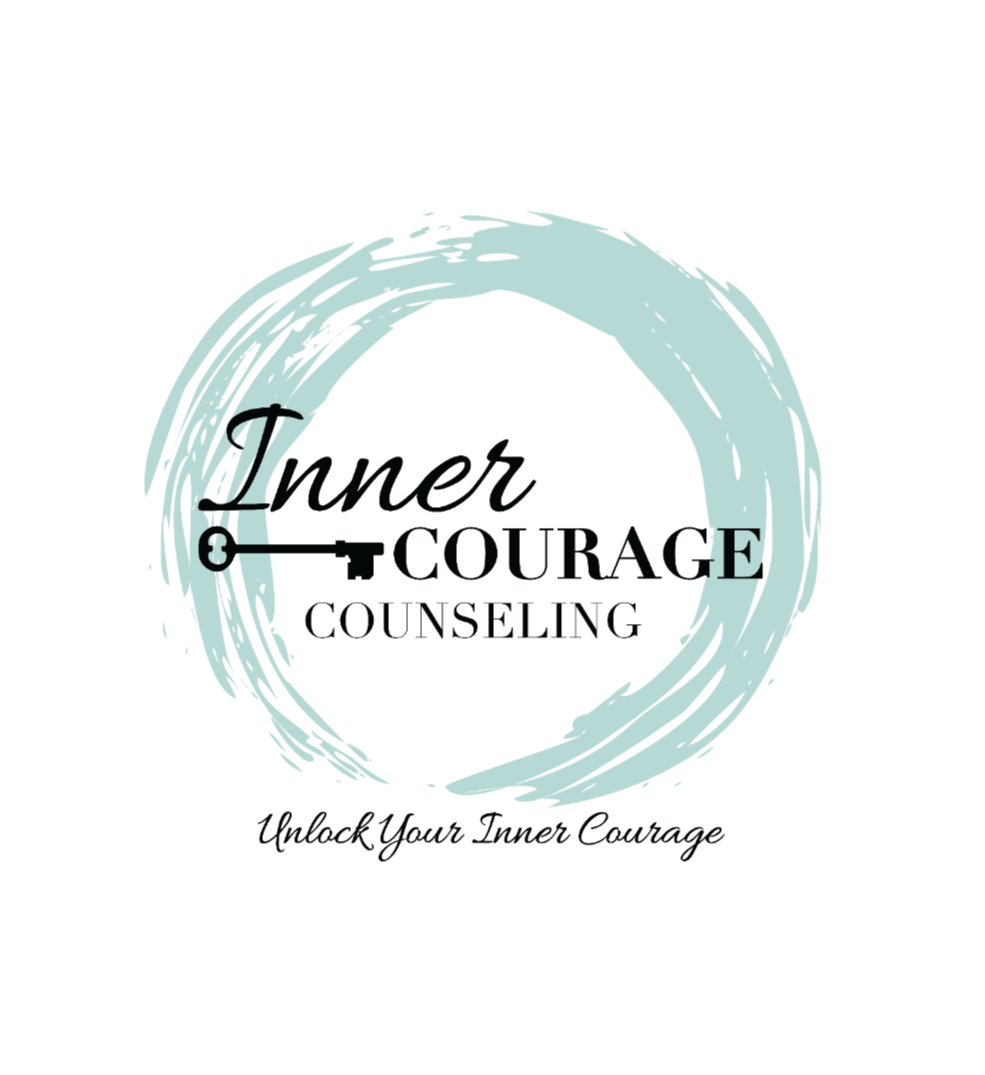Self-Harm Awareness Month 2022

By: Andre Amaro, Masters Level Intern
We all go through difficult times in our lives and dealing with pain is something that is never easy to experience. When we are going through so much emotional pain, we all chose to deal with our negative feelings differently. Some people to choose to cope in healthy ways, such as spending time with family and friends, while others choose to cope in unhealthier ways. An example of an unhealthy coping mechanism for dealing with emotional pain is self-harm. So, what is self-harm? This behavior is when a person purposely inflicts physical pain on themselves, such as by cutting, burning, banging, hitting, breaking, or pulling different parts of their body. Self-harm is an unhealthy coping mechanism for emotional pain because a person can seriously hurt themselves, which can sometimes lead to life threatening situations.
Most people think that when a person is self-harming, they are showing suicidal tendencies, but this is not always the case. Most people who engage in self-harm is not because they want to kill themselves but engage in this behavior because it is providing them some sense of relief for their emotional pain. Sometimes hurting themselves serves as a distraction or may even stop the emotional pain, but only for the moment. Another term used for this type of behavior is non-suicidal self-injury (NSSI). For people who self-harm, this behavior usually begins in the adolescent to early adulthood years. It was reported by a study from psychologist Jennifer Muehlenkamp and her colleagues at the University of Wisconsin-Eau Clair, that around 17 percent of adolescents usually report to engage in self-harm at least once in their lives, while the percentage for adults was around 5 percent. For children, the percentage was much smaller, as it was around 1-2 percent. Although these percentages are low and may not seem too concerning for most people, this behavior is still a very serious issue because self-harming causes many other issues for people who engage in this type of behavior.
People who self-harm may suffer from many other consequences as a result of their behavior, especially when it comes to their mental health. They increase their chances of developing a severe case of depression and anxiety, which can then lead towards suicide attempts later on if they become too comfortable with experiencing physical pain. Additionally, people who self-harm may struggle with relationships, as their behavior could be upsetting towards others and may even push them away. This also influences negative feelings such as loneliness and isolation. Not to mention, if they keep hurting themselves and eventually go too far; these individuals are looking at high medical expenses and have to worry about altering their appearances at times, as a way to hide the marks on their bodies. Another thing to consider, is that their behavior may influence others to engage in self-harm as well, especially younger children who may not know any better. Regardless, all the consequences of self-harm can be very dangerous.
Now, if in case you did not know, March is Self-Harm Awareness Month. If you or anyone you know is suffering from self-harm, please do not be afraid to talk to others or reach out for help! Here are some quick coping skills that can be used for anyone who is struggling with self-injury. One way is to keep your body moving, such as going for a walk or run, or engaging in some meditation and yoga exercises. Another way is by doing some journaling and getting in the habit of writing down your thoughts or feelings, as this will help you release some of that emotional pain you may be holding in, and you can even engage in some art activities such as painting or drawing to let the urges out. A third method is to listen to music and putting on your favorite song, as this can help calm your mind and distract you from those negative feelings in the moment, while also stopping the urge to inflict pain on yourself. This is also a great way to help “reset” your mind and will give you the opportunity to stop and think about something different. Lastly, always try your best to turn to a family member or close friend whenever you are feeling the urge to self-harm, as talking to them can prevent you from harming yourself during that moment as well because it serves as another healthy distraction and allows you to talk about your emotional pain with someone else instead of just holding it in. As you are trying some of these methods; the last thing I would like to suggest is to always be aware of your triggers, while also keeping in mind all the positive things in your life and thinking about the people who love and care about you. I hope that these coping skills serve as useful information for anyone who is struggling with self-harm. I hope we can all try our best to spread awareness, so that we can prevent people from engaging in this type of behavior and show others that there are healthier ways to cope with our emotional pain.
If you would like more information about this blog, please contact Inner Courage Counseling and reach out if you would like to set up an appointment with me. I want to thank anyone for taking the time to read this post and I hope you are having a happy March. Please take care of yourself and sending you nothing but best wishes!

